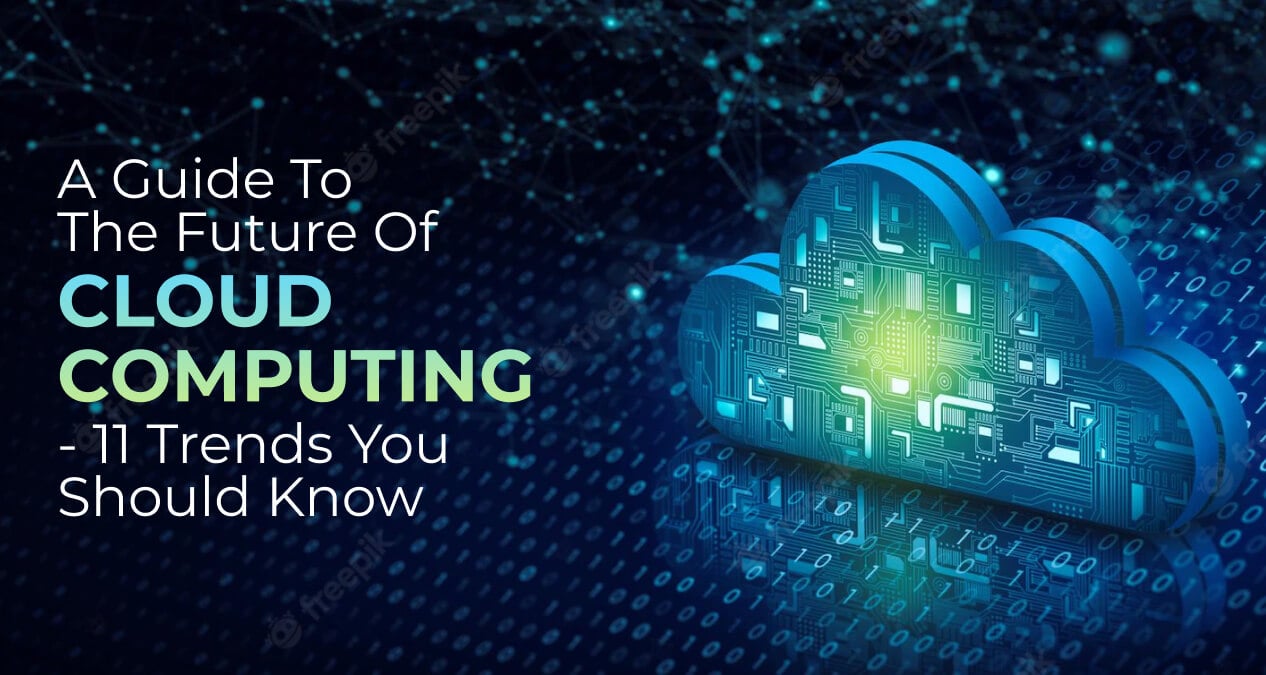On the future of cloud computing, IT experts agree that cloud computing will be at the forefront of all technologies in the coming years to solve major business challenges. This is clear from the fact that business cloud spend is increasing at a 16% CAGR between 2016 and 2026. With this rate of development, it is safe to state that companies are no longer only considering the cloud as a tool. Uber started to redefine transit seven years ago, especially in urban areas. Next came food delivery services, whose popularity increased during the pandemic. And today, we are witnessing this on-demand model transform into several cloud-based businesses.
Before moving to the future of cloud computing, first, let’s understand what cloud computing is.
What is cloud computing?
Cloud computing provides servers, storage, databases, networking, software, analytics, and intelligence—over the Internet to offer faster innovation, flexible resources, and economies of scale.
In simple terms, Cloud computing is a network of online remote servers used for data storage and recovery. Cloud computing is a term used to describe a virtual platform that enables limitless access to and storage of data over the Internet.
The Future of cloud computing
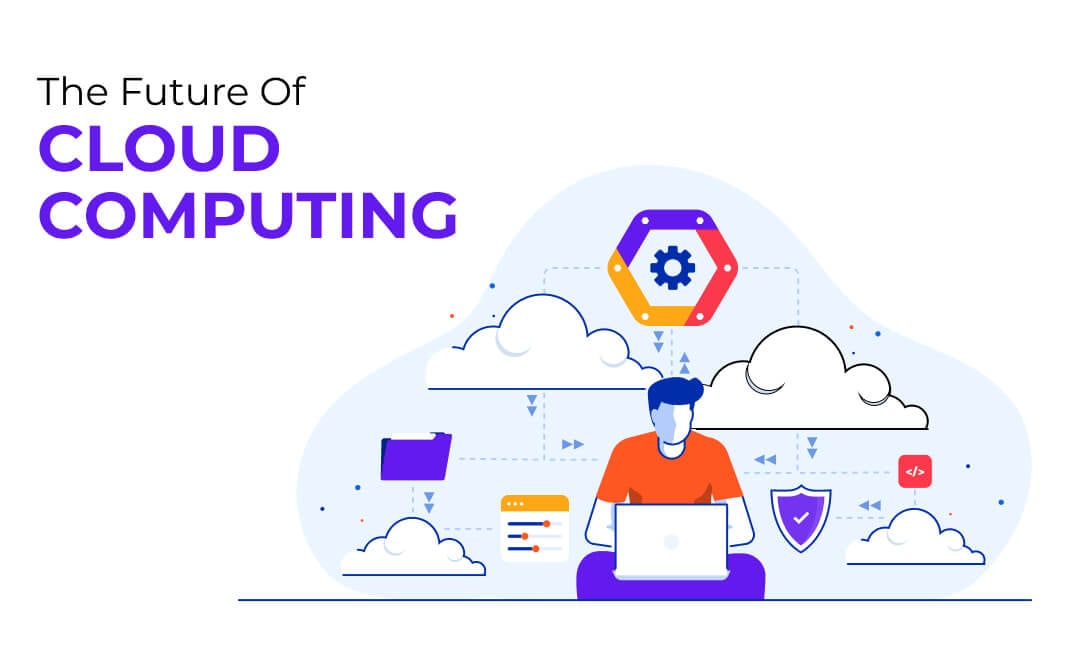
In the world of technology, cloud computing has become a significant trend. It provides on-demand, worldwide access to shared computing resources through various Internet services. Businesses are moving more quickly towards digital transformation, and many seek solutions to increased earnings, business continuity, flexible operations, and scalability. Cloud computing technologies are likely at the core of any corporate strategy because they provide the connectivity and adaptability needed to keep up with evolving requirements.
The future of cloud computing may include the following areas:
- Knowledge of essential business procedures and data operations.
- Calculating the real return on investment and the value received.
- Supplier risk management.
- Addressing issues with integrity and security.
- The future of cloud computing ensures that the market must be fair for customers to profit. This expansion must be carried out in an environmentally friendly manner and with the use of modern computer systems to reduce loss.
11 trends you should know about cloud computing
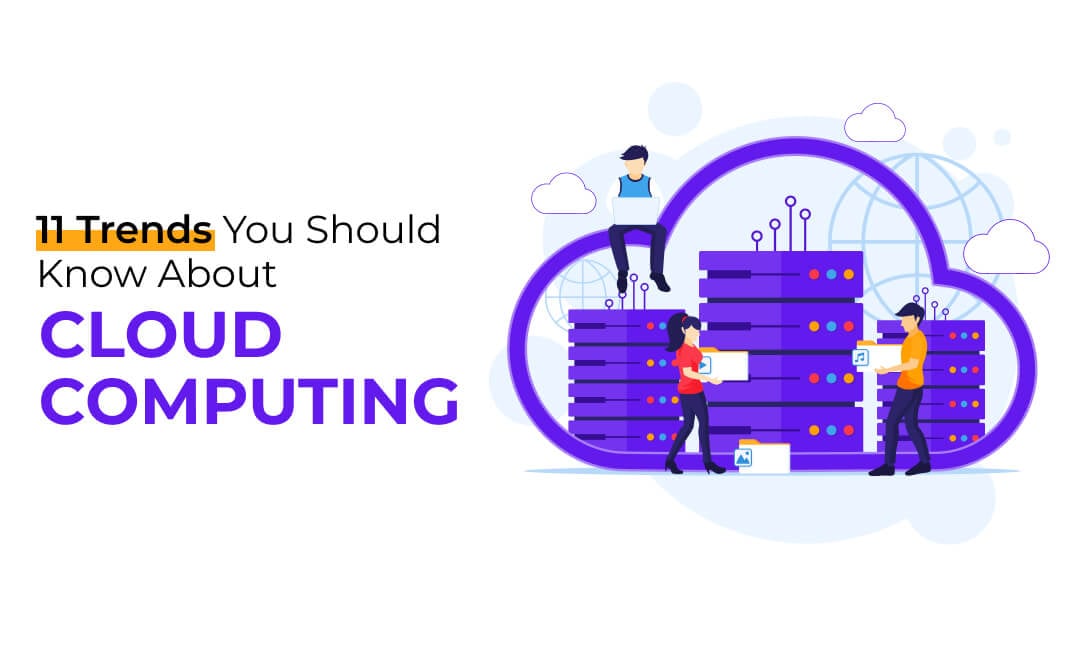
1. Quantum computing
The business world will undergo a complete transformation in the coming years due to the trend of quantum computing. Google has already taken a step using the ideas behind quantum computing and physics. It Google has created next-generation products for its consumers. The best example of quantum computing is how well-used supercomputers perform. Businesses like IBM, Microsoft, Google, and AWS are working to outperform their rivals.
2. Edge computing
Edge computing will become more prominent in the coming years, opening up new business prospects. It Edge computing is a technique for streamlining cloud computing network systems by processing data close to the data source or at the network’s edge. This approach can store the data for an extended period because it operates in real-time on cloud servers. Edge computing will be crucial for real-time information and data analysis as IoT usage grows.
3. Secure access service edge (SASE)
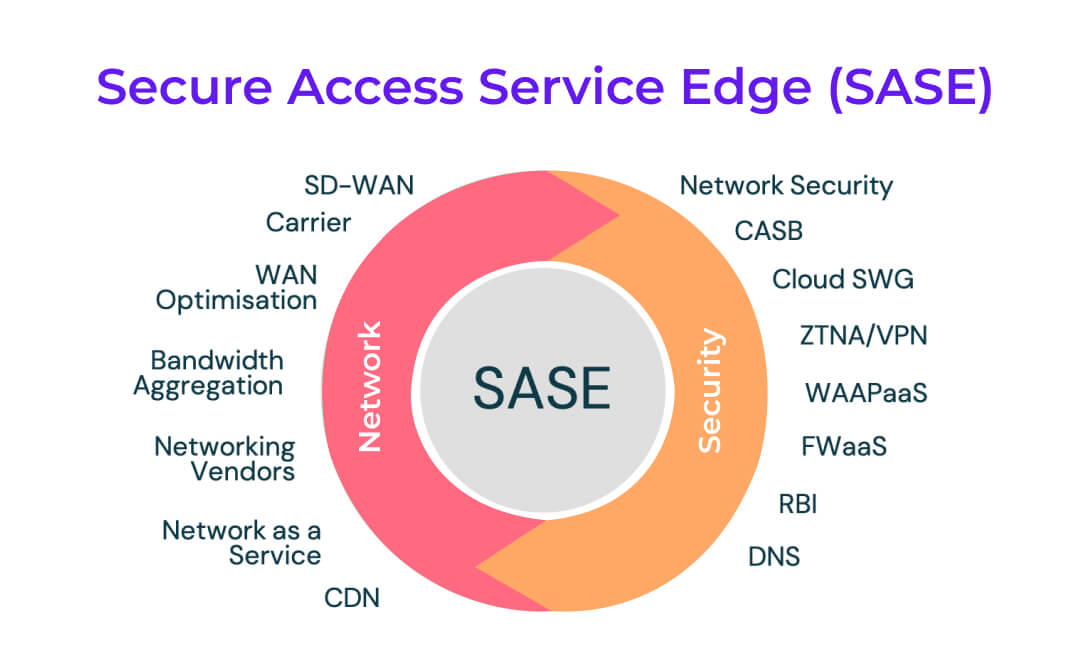
In the future of cloud computing, the popularity of SASE will likely rise. SASE is a cybersecurity idea that establishes a safe connection between applications and services and organisational components like people, systems, and devices. Enterprise security architecture is moving to the cloud due to digital business transformation. This is partly due to the cloud’s wide-area network (WAN) capacity, which supports digital enterprises worldwide.
4. DevSecOps
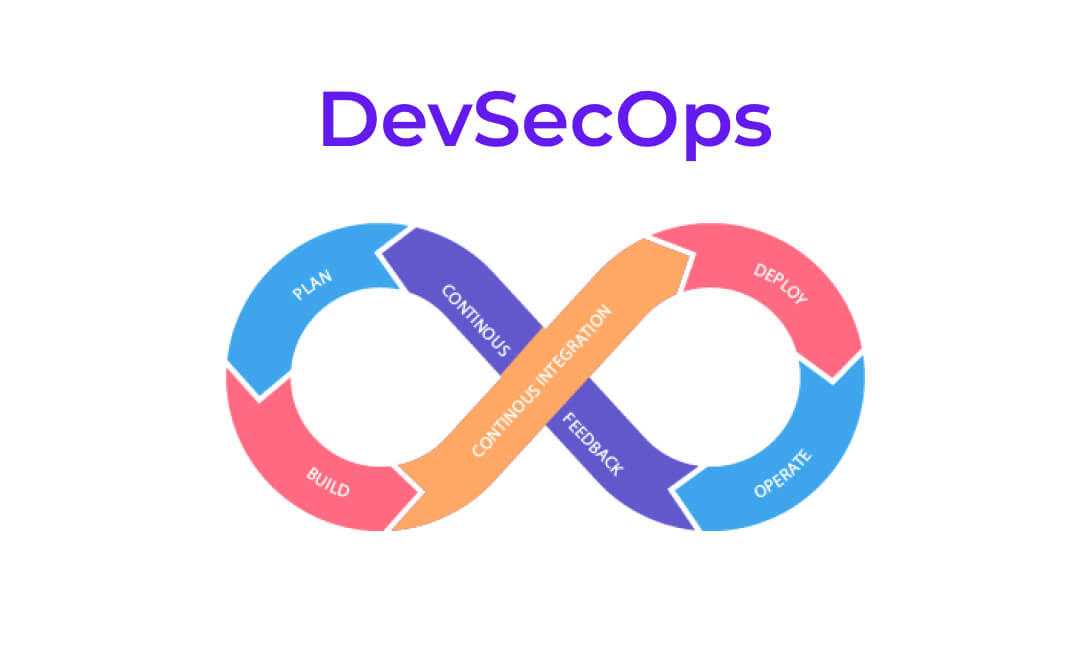
DevSecOps acceptance and process maturation will eventually speed up in the coming years. The digital transformation of enterprises is an essential issue of survival. DevSecOps trends can be managed and can be innovated more quickly with modern, automated platforms that automate processes, promote teamwork, and maintain quality control without compromising security and product quality.
5. Open source
This industry is heading in the direction of innovation and collaboration. Numerous firms are considering using an Open Source cloud computing service for their company in light of the change in how cloud services are administered. An open-source cloud is a service that uses technology or software that anybody can alter. Simply said, an open-source cloud platform enables companies to modify the infrastructure according to their requirements.
6. Cloud disaster recovery and backup
In today’s world, cyber threats, data loss, and system failures are just part of doing business. A majority of companies have experienced server failures that resulted in the loss of important data. Backup and disaster recovery have emerged as a famous use case for the cloud to prevent such problems from harming the organisation and its activities. If Spiceworks reports are to be believed, email hosting and productivity tools come in second and third in budget allocation for the cloud, with 15% going to backup and disaster recovery.
7. Serverless computing
A rapid change in cloud computing, called serverless computing, has the power to completely change how we think about hosting applications and services. A cloud provider handles all of the infrastructure needed to run the code in a serverless approach, which eliminates the necessity for maintaining physical servers in favor of executing application code in response to events.
8. Hybrid / multi-cloud solutions
Many firms increasingly prefer the hybrid cloud model, which mixes public cloud services with a private cloud exclusive to one company. It is especially appropriate for companies that gather sensitive data or work in strictly controlled fields, like insurance, where data privacy is crucial. According to experts, the value of the worldwide hybrid cloud market will increase to $145 billion in 2026.
9. Internet of things (IoT)
The growth of IoT platforms is one of the most critical trends in cloud computing. IoT and cloud computing are two technologies that are closely related since one gives the other a foundation for growth. IoT is a technology that manages itself and enables the management of intelligent devices. It uses a remote device configuration to collect data. To troubleshoot, it also broadcasts immediate alerts. IoT provides a variety of protocols that enable monitoring-based smart predictions.
10. Artificial intelligence (AI)
AI is one of the most prominent cloud computing trends to anticipate as technology develops. Computing platforms are becoming more effective, thanks to artificial intelligence. A number of tech giants are actively exploring AI’s potential for processing massive amounts of data. Simply said, AI is undoubtedly a cloud computing trend to watch out for as it facilitates more efficient organisation procedures.
11. Blockchain

One of the biggest trends in cloud computing is the use of blockchains and the components that build them up. A tamper-proof digital ledger that can store data without relying on a centralized authority is made possible by blockchain technology. Despite being a game-changer, blockchain has scalability problems, especially when managing and storing massive volumes of data. However, because it is a perfect fit, businesses will keep pushing the limits of blockchain in 2023.
OpenXcell offers cloud management services to successfully manage your business application and streamline your crucial procedures. Our professionals assist you in moving your workload to the cloud, minimizing the physical footprint of your IT infrastructure, and lowering operating costs. Hire a cloud architect to help you achieve speed and agility in your cloud operations. With carefully managed cloud services, we let you quickly scale and adapt to address recurring issues, making your business easy to manage.
Final thought
The future of cloud computing will be largely driven by the changing requirements of enterprises, growing customer demands, vast amounts of data, and the push to automate core business processes. The wave of cloud adoption has reached its peak since the pandemic started and will keep growing through 2023. Organisations can use the cloud to upgrade and upscale existing digital products as well as to expand their cloud capabilities. Businesses’ enthusiasm for innovation and commitment to lifelong learning will play a significant role in 2023 in mastering the cloud solution. Just like with anything else, these trends in cloud computing will change as usage increases. If you follow these trends, your business will be able to utilise the most effective cloud solutions available today.


